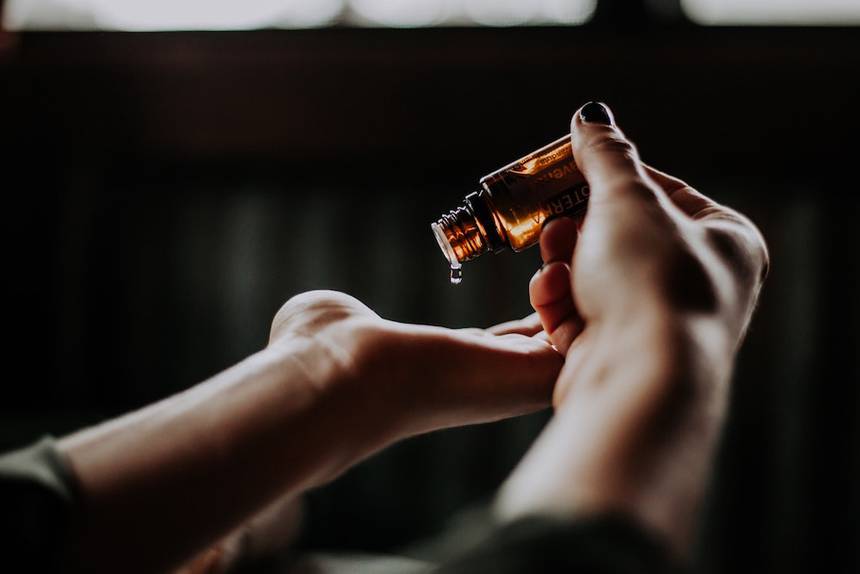New products for ‘urban skin’ are booming, but do they actually work?
I wasn’t aware that there was such thing as anti-pollution skincare until I received a PR pitch for Super Shield Anti-Pollution Serum in my inbox. Made by The Better Skin Co., it is described as “a powerful antioxidant to ward off all the damaging dust pollution we’re exposed to every day.” My curiosity was piqued and I started digging for more information.
It turns out that the anti-pollution skincare trend is huge, particularly in large urban centers like London and Shanghai. The fine particulate matter known as PM2.5 and found in toxic air is (according to the Guardian) many times smaller than the pores through which skin breathes, causing inflammation and accelerating the development of age spots and wrinkles. It is said to be second only to the sun in terms of its ageing impact, hence the increased interest in products that can counteract it.
Anti-pollution products fall into two categories, roughly. One provides a physical barrier, such as sunscreens and serums, while another focuses on removing toxic residues, such as detox masks and cleansers. The Guardian cites Dr. Anna Persaud, CEO of a skincare company called This Works: “We’re seeing an increasing global demand for skincare which counters pollution-related skin concerns including dull skin, inflammation, sensitized skin, blemishes, clogged pores and accelerated ageing.”
Not everyone agrees that it’s effective, and some critics suggest that anti-pollution skincare is just another marketing gimmick. A clay-based mask applied in the evening is effective at deep cleansing, helping to “purge some of the toxins from the skin and provide a healthy hydration boost,” says UK facial specialist Debbie Thomas, but she is skeptical about any benefits once the product is washed off. “Once removed, the skin is fully exposed again.”
Plus, what about the effects of breathing that polluted air? If people are this worried about its effect on their skin, imagine what it’s doing to the lungs? As Elle Hunt wrote in 2018,
“PM2.5 particles lodge deep in the lung and blood tissue and are linked to increased risk of heart and lung diseases. With air pollution linked to 40,000 early deaths in the UK alone every year, a few more wrinkles can’t help but seem trivial.”
Perhaps a better approach is to ensure that your skin is healthy from the inside out, which will reinforce it against poor air quality. Eat well, drink plenty of water, avoid sugar, get enough sleep, don’t smoke, and keep your face moisturized so that the skin can form its own protective barrier.
Still, I remain curious about the serum and have requested a sample to see how it feels and works. I’ll report back before too long.
